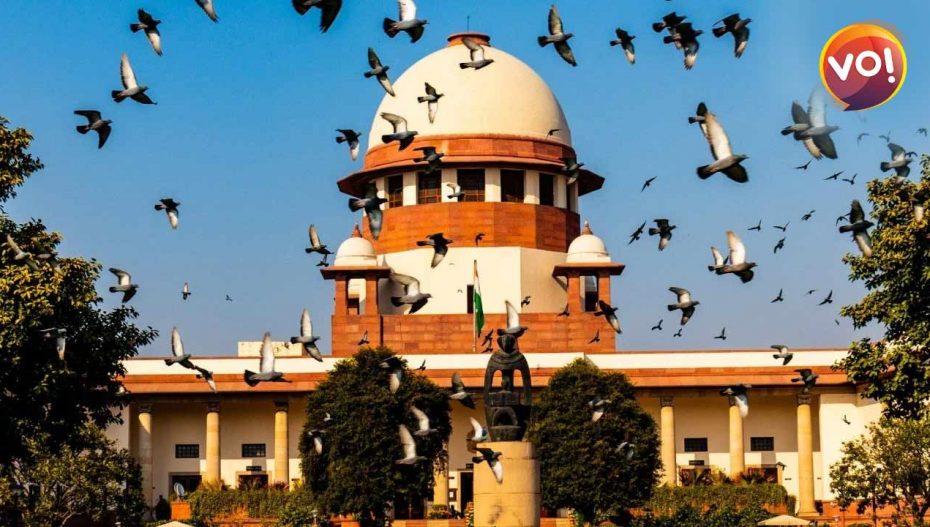The Supreme Court has overturned a Madhya Pradesh High Court decision in the case of Urmila Dixit v. Sunil Sharan Dixit, stressing the need for a liberal interpretation of the Maintenance and Welfare of Parents and Senior Citizens Act, 2007. The apex court also set aside the High Court’s finding that the Gift Deed in question lacked a condition for the transferor’s maintenance.
Under Section 23 of the 2007 Act, a senior citizen who transfers property on the condition that the recipient will provide basic amenities and care can have the transfer declared void if this condition is not met. The Supreme Court’s ruling enables tribunals to order the transfer of property back to elderly parents in such cases.
In its ruling, the Supreme Court underscored the Act’s objective of offering swift, simple, and cost-effective remedies for the protection of senior citizens.
The bench, comprising Justices CT Ravikumar and Sanjay Karol, stated:
“Tribunals under the Act may order eviction if it is necessary and expedient to ensure the protection of the senior citizen. Therefore, it cannot be said that the Tribunals constituted under the Act, while exercising jurisdiction under Section 23, cannot order possession to be transferred. This would defeat the purpose and object of the Act.”
The court emphasised the Act’s preamble, which aims to safeguard the rights of senior citizens as recognised under the Constitution, particularly in light of the challenges faced by the elderly.
The case involved a dispute between Urmila Dixit and her son, Sunil Sharan Dixit, over the transfer of property dating back to 1968. Urmila alleged mistreatment and neglect of her basic needs by her son and sought the cancellation of the property deed.
The Supreme Court’s ruling has been hailed as a significant step in ensuring the welfare of senior citizens and upholding the intent of the 2007 Act.
Also Read: Plea Filed to Restrain PM Modi from Offering Chadar at Ajmer Sharif Dargah













